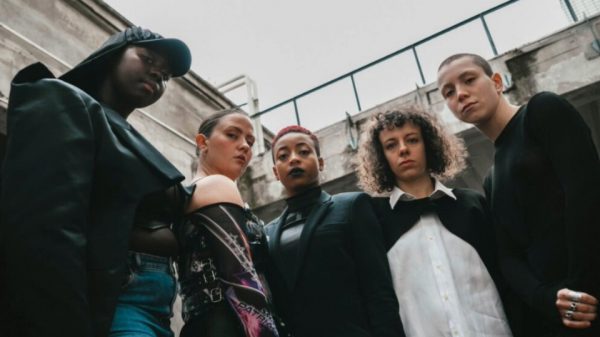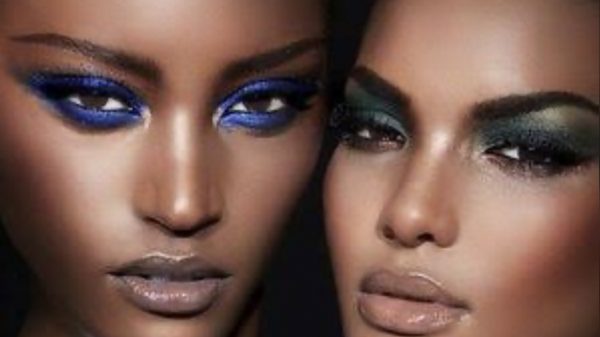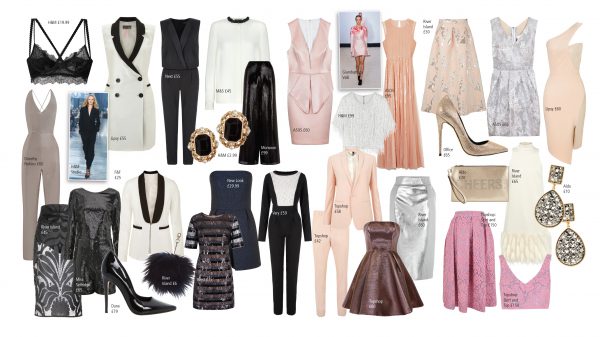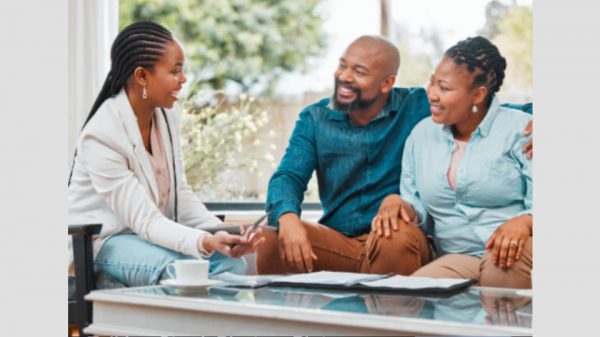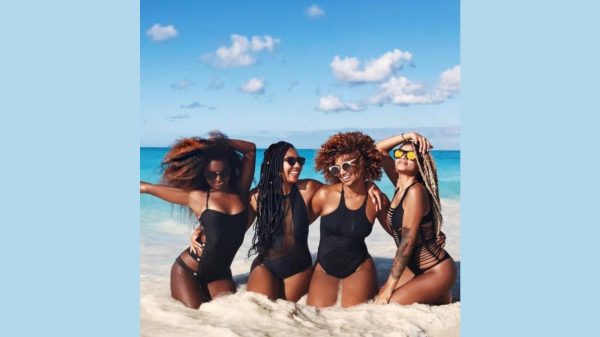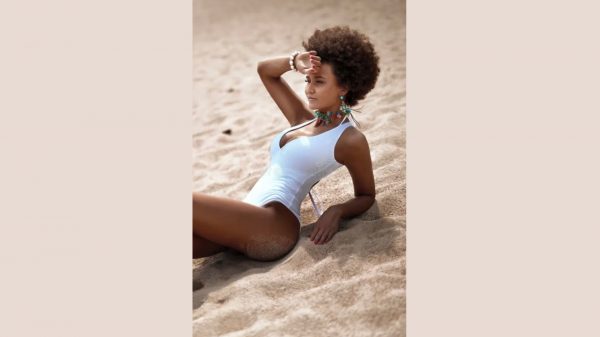Pride caught up with rising young actress, Adelayo Adedayo (pictured above in purple) to discuss her role in Sket- a gritty film about girl gangs, which is out later this month.
Can you tell me a little bit about ‘Sket’, your character and how you found the whole process of making the film?
I think ‘Sket’ is really emotional, it’s like an emotional rollercoaster. There are so many feelings involved and I mean it’s not often that we see that side of the world from a female point of view. It shows a deeper level of how girls think. I just really love the emotional, deep level that it shows, and at the same time it’s funny, and there are friendships in there that anyone I reckon would relate to.
Did you know a lot about female gang culture before you made this film? Were you aware that it has such a strong presence?
I wasn’t aware that there were loads of female gangs around. I knew that there were gangs around, but for them to be made up of all girls, I wasn’t aware of that. I did know that there were girls like that around but not to the extent that the film shows. And the film was a really good learning experience for me as well.
And you consulted actual gang members didn’t you?
Yeah, we did. That was really cool. It was slightly bizarre to speak to the characters that you’re kind of portraying in real life. I was interested in it because it helped me to build up my character as a lot of the time you just think that girls or guys do a lot of ‘bad things’ for no reason. But listening some of the girls talk, you realise that it’s their culture and they grow up into this and it’s kind of all they know. It’s survival really. It’s not for fun and games, it’s actually a survival method. So when you think of it like that it helps you to really get into your character and understand the thought-process behind different actions.
As a young woman talking to these girls, could you find similarities between yourself and them? Could you relate to them?
Definitely, its weird because there are friendships in the film that I could relate to, that anyone could relate to and so when talking to these girls it was so easy just talking to them, to joke around with them. It’s weird because they’re just your regular teenage girls, but at the same time they’ve got to live this life. But in that sense I don’t really relate to them because I don’t live in that culture but at the same time they’re still just girls.
As a black actress have you ever found it a hindrance in this country to get the roles you want and not be typecasted? Do you find it easy to go for any role irrespective of your colour?
In a sense I think I’ve been quite lucky because I do get to go for roles that aren’t necessarily the typical role of say, the sixteen-year-old rude girl. I have been able to branch out and do loads of different things and I’m very happy about that. But at the same time I do think that there needs to be an increase of roles for young, black actresses because there really isn’t that much out there. It would be nice to see a broader increase.
We’re now in Black History month: as a young, black woman do you feel an obligation to promote that as somebody in the public eye?
Yeah, a hundred per cent. I think that it’s important for certain young, black men and women to be proud of who they are. But I don’t think you should let it hinder you, as in “I can’t do that because I’m black” or “I could never do that role because it’s meant for that person.” You should use it as something to be proud of but never let it be an excuse. It’s important to promote this during Black History month. I’d love to do things like that to just make people feel proud of themselves because to me, I don’t see a lot of British young, black, dark-skinned girls acting, doing what I want to do, and that sometimes makes me feel like “Is it really that difficult?” It would be lovely to see that kind of promotion, especially in Black History month.
How have you found the leap from the small screen to the big screen? And which do you prefer?
Ooh! I don’t know if I prefer one over the other to be honest. I think the leap was a little bit more difficult because even though we had a short filming schedule, we did have rehearsals, and I think there’s a lot more time to get into your character, as with film you really need to know your character inside out. Whereas with TV it’s a little bit quicker. I’ve never actually done a series, I’ve just jumped from TV show to TV show and so I’ve never really had the chance to really get into my character, and really, really, really know my character the way I know Kerry.
So with film do you feel as though you get to live that character? You almost become that person to a degree?
Yeah, to a certain extent. When you step onto that set, or when I did, I was Kerry, my mindset changed to Kerry. It’s like whatever happens you have to be ready for anything on that set. Especially with our director, Nhirpal, he was brilliant. He would just throw different things at us and sometimes just take it off the script and throw things at us, and you’ve got to be ready. You haven’t got any choice so you have to respond as your character. I could never respond as Ade, as me, because I would have to respond as Kerry. So, yeah to a certain extent as soon as I stepped onto that set or into a rehearsal room I became Kerry. I had to think like Kerry, and speak the way Kerry would speak and I realised that we have a lot of similarities. In the sense that we have similar roles within our friendship groups, she does a lot of the little things that I do. It was brilliant to get to know my character.
SKET is in cinemas on October 28th.
In this article:






